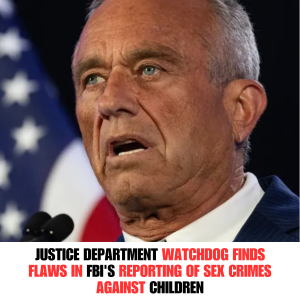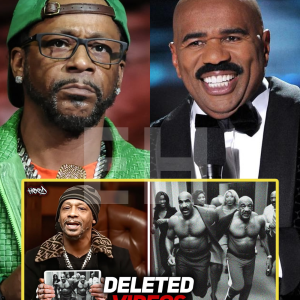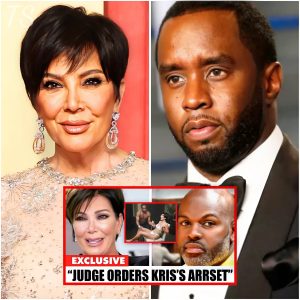During Robert F. Kennedy Jr.’s now-suspended 2024 presidential race, many people noticed his raspy and often halting voice.
The son and nephew of slain political leaders has a rare disorder called spasmodic dysphonia — a spasm of the vocal muscles.
Kennedy is one of an estimated 50,000 people in North America with SD, as it is often referred to, a neurological condition that creates a vocal tremble in mostly middle-aged people that usually lasts for the rest of their lives.
There is no cure, but treatments can temporarily reduce symptoms.
Here’s what to know about spasmodic dysphonia:

RFK Jr. and spasmodic dysphonia
Spasmodic dysphonia has recently been spotlighted due to Robert F. Kennedy Jr.’s presidential campaign. While the candidate has had the disorder for almost 30 years, his raspy, trembling voice has received more attention with a host of stump speeches, media appearances, and advertisements over his now-suspended presidential campaign.
In an interview this spring with the Los Angeles Times, Kennedy said his voice doesn’t tire or get worse as he speaks. It just sounds like he’s always on the verge of breaking down.
How is spasmodic dysphonia treated?
To date, no known cure for spasmodic dysphonia exists. However, several forms of treatment — including speech therapy, drugs and surgery — are available to alleviate or control the symptoms of the vocal spasms on a temporary or long-lasting basis.
Dr. Andrew Blitzer, a New Jersey ear, nose, and throat specialist, developed a now-common treatment for SD that involves injecting Botox into the throat muscles to control the vocal cords, the USA TODAY Network reported. Although it doesn’t treat the neurological condition, it helps abate the symptoms for three to four months on average.

The problem has long been diagnosing the condition. Many of Dr. Blitzer’s first patients had been seen by an average of 13 doctors and other medical personnel, from psychiatrists to speech pathologists, before they were diagnosed with SD. The situation has improved now that SD is taught more in medical schools and during ENT residencies. Still, many of Dr. Blitzer’s patients come from across the U.S. and even overseas to have him treat them.
“You can make a big difference in people’s lives by giving them their voice back,” he said. “It’s such a small procedure, but it makes a big difference.”
Why did RFK Jr. drop out of the presidential race?
Robert F. Kennedy Jr. says he will suspend his campaign in the 2024 presidential race and throw his support behind Republican nominee Donald Trump, USA TODAY reported.
In a virtual address on Friday, Kennedy clarified that he plans to remove his name from the ballot in about 10 battleground states, “where my presence would be a spoiler,” a process he has already begun in states including Arizona and Pennsylvania.
Speculation that Kennedy would drop out began earlier this week after his running mate Nicole Shanahan said in an interview Tuesday the campaign had been weighing a decision.
Trump earlier this week called Kennedy “a brilliant” and “very smart guy” — a far cry from April, when he called him “far more liberal than anyone running as a Democrat” and feared that Kennedy’s independent candidacy might cost him votes in the general election.
Vice President Kamala Harris’ campaign, in response to Kennedy’s suspension, offered their ticket as an option to voters “tired of Donald Trump and looking for a new way forward.”
“In order to deliver for working people and those who feel left behind, we need a leader who will fight for you, not just for themselves, and bring us together, not tear us apart,” Campaign Chair Jen O’Malley Dillon said in a statement. “Vice President Harris wants to earn your support.”





